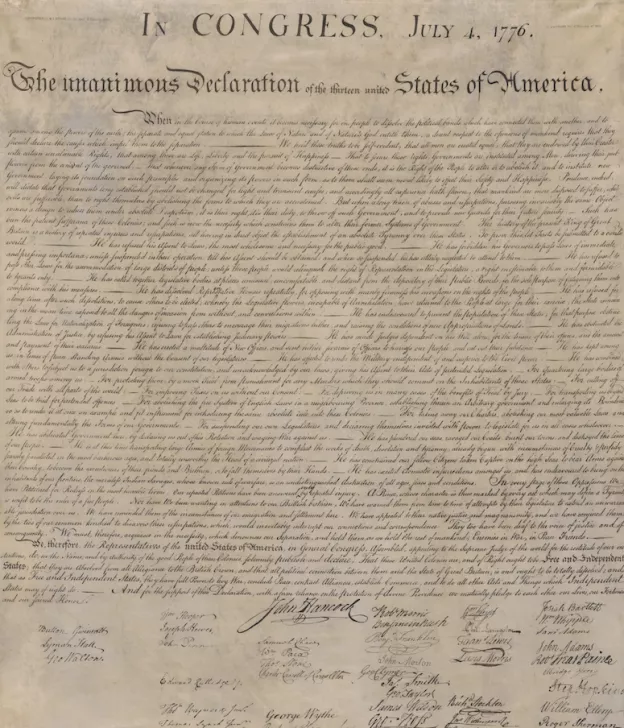
Receiving the Declaration
Jack Miller Center’s Resident Historian and Editorial Manager Elliott Drago reflects on how King George III and Britain received the Declaration of Independence in 1776.
Avoid trifling conversation
“The Time is past.”

Benjamin Franklin let the words sink in. In a moment he would complete the rest of the letter to his friend, Vice Admiral Lord Richard Howe, one of the King’s Commissioners for Restoring Peace. Perhaps sensing how Howe might react to such a sentence, Franklin chose prudence and decided not to send this letter.
Not enough Americans realize the actions taken by the signers of the Declaration of Independence and how the entire history and identity of the nation stems from the principles enshrined in that sacred document. The Declaration of Independence is clearly important: its very creation marks the birth of the United States.
But how did Great Britain react to this pivotal statement?
As Americans, we might assume that Jefferson’s words acted as a wakeup call to Britain.
Think about the power of these words(!):
We hold these truths to be self-evident, that all men are created equal, that they are endowed by their Creator with certain unalienable Rights, that among these are Life, Liberty and the pursuit of Happiness.
Alas, while Britons knew of American colonists’ outrage, from 1764 Sugar Act to the Boston Massacre, tea parties, and Lexington and Concord, the response of Great Britain to the Declaration of Independence ranged from dismissiveness to sympathy to outright hostility.
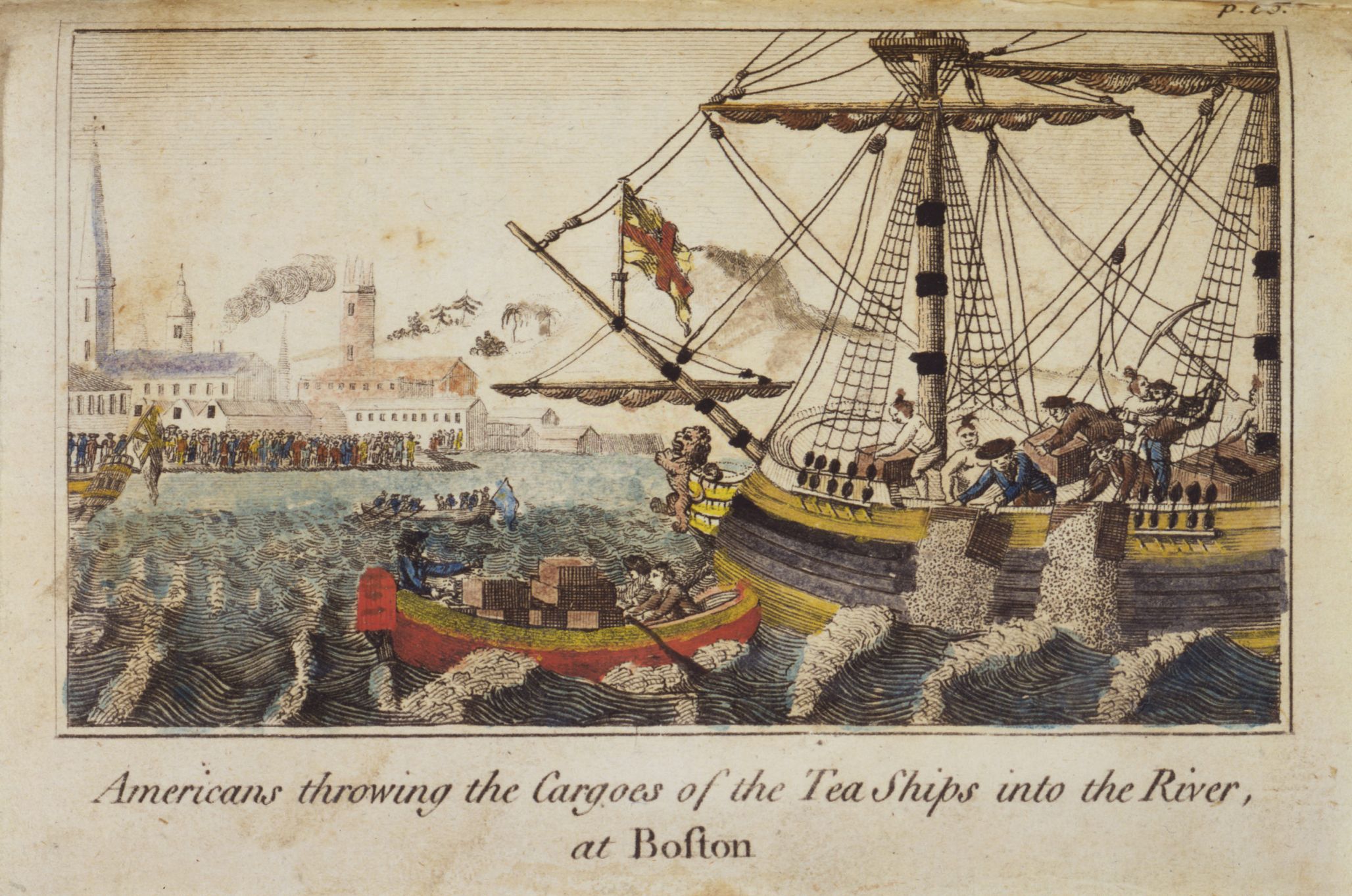
To understand British reaction to the Declaration, we must first understand the immediate political context. On July 2nd, 1776, the Continental Congress in Philadelphia voted in favor of the resolution for independence, and two days later, adopted the Declaration of Independence.
Two weeks prior, Vice Admiral Lord Howe’s fleet, loaded with soldiers, sailed off the coast of New England on their way to reinforce British forces in New York. On June 20th, Lord Howe issued a declaration to colonial governors in his position as one of the King’s official representatives. While Howe possessed little authority, this declaration gave him the power to pardon “any number” of British subjects in response to the “tumult and disorder of the times.” This appeal to colonial governors angered American colonists, who felt insulted that they went over their heads.
The Continental Congress did not receive this declaration until July 18th. Once Congress read Howe’s declaration, they ordered copies to be published in “several gazettes” to convince the “good people of the United States…that the valour alone of their country is to save its liberties.”
A media frenzy
Spreading through newspapers across the colonies, in effect, Howe’s declaration inspired ordinary Americans to deepen their support for independence.
News of the Declaration of Independence reached Great Britain in August 1776 and ignited a media frenzy. Many newspapers published the full text of the document, albeit without comment. Others, like The Scots Magazine, printed the declaration with accompanying, often sarcastic, editorial asides. One commentator attacked “unalienable rights,” as the “unalienable right of talking nonsense.” Another author viewed any pretense to equality as illusory, challenging “any American rebel” to find two men “created equal.” The Kentish Gazette, claimed that behind the “curtain” of economic grievances of independence lay the lust for power of “Priests and demagogues” desirous to lure the “common people” of America into believing that they, not Great Britain, should rule.
These papers’ dismissive reaction undergirded their main point that American colonists were ungrateful children who needed the security of the mother country to ensure their liberties as British subjects.
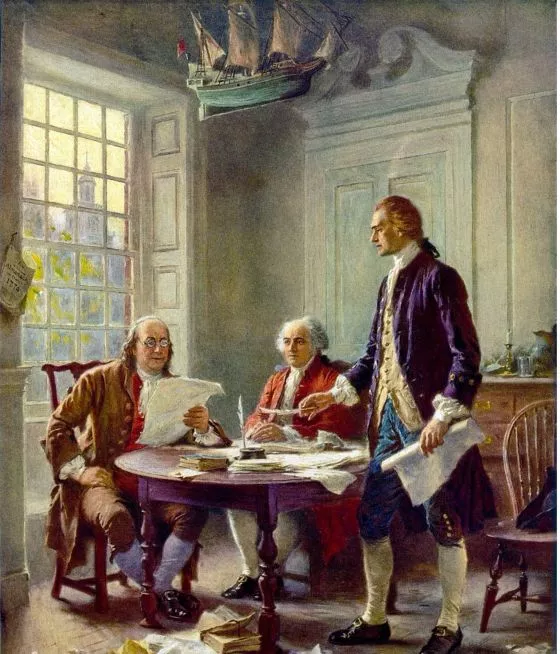
The first official British response came from Lord Howe and his brother William, the commander-in-chief of British forces in North America. Remembering their role as peace commissioners, they favored reconciliation and viewed the Declaration as something that could be withdrawn. Therefore, the brothers treated the Declaration with relative indifference, as did many of their subordinates. The Howes’ first reply came after a failed peace conference in Staten Island on September 11th, stating in part:
“Although the Congress, whom the misguided Americans suffer to direct the opposition to a re-establishment of the constitutional government of these provinces, have disavowed every purpose of reconciliation not consonant with their extravagant and inadmissible claim of independence,—the King’s Commissioners think fit to declare that they are equally desirous to confer with His Majesty’s well-affected subjects upon the means of restoring the public tranquility, and establishing a permanent union with every colony, as a part of the British Empire.”
Writing to the American people themselves, the Howes’ declaration challenged not only the power of the Continental Congress, but also the evolving sense of a unique American identity predicated upon “life, liberty, and the pursuit of happiness.”
British merchants feared losing the American colonies in a “lasting and ruinous Civil War,” but King George III remained optimistic. As the “driving force behind the hard-line” taken by the British, the king believed that his military forces would soon quell the rebellion. After all, these forces were already stationed in America. Moreover, George III viewed himself as a benevolent monarch and paternal figure, one whom American colonists adored and toasted each year on his birthday.
Perhaps the king rested on the fact that in previous years American colonists lambasted Parliament for egregious acts of taxation. But even if that were the case, the Declaration set its sights on the king, labeling him a tyrant instead of “His Majesty,” and stating that “he has” contributed to the “long train of abuses” no less than 17 times: the language of the Declaration was no “rhetorical flourish.” By August 1776, American colonists pulled down a statue of George III in New York and melted the lead for musket balls. The time for the pretense and decorum had passed.
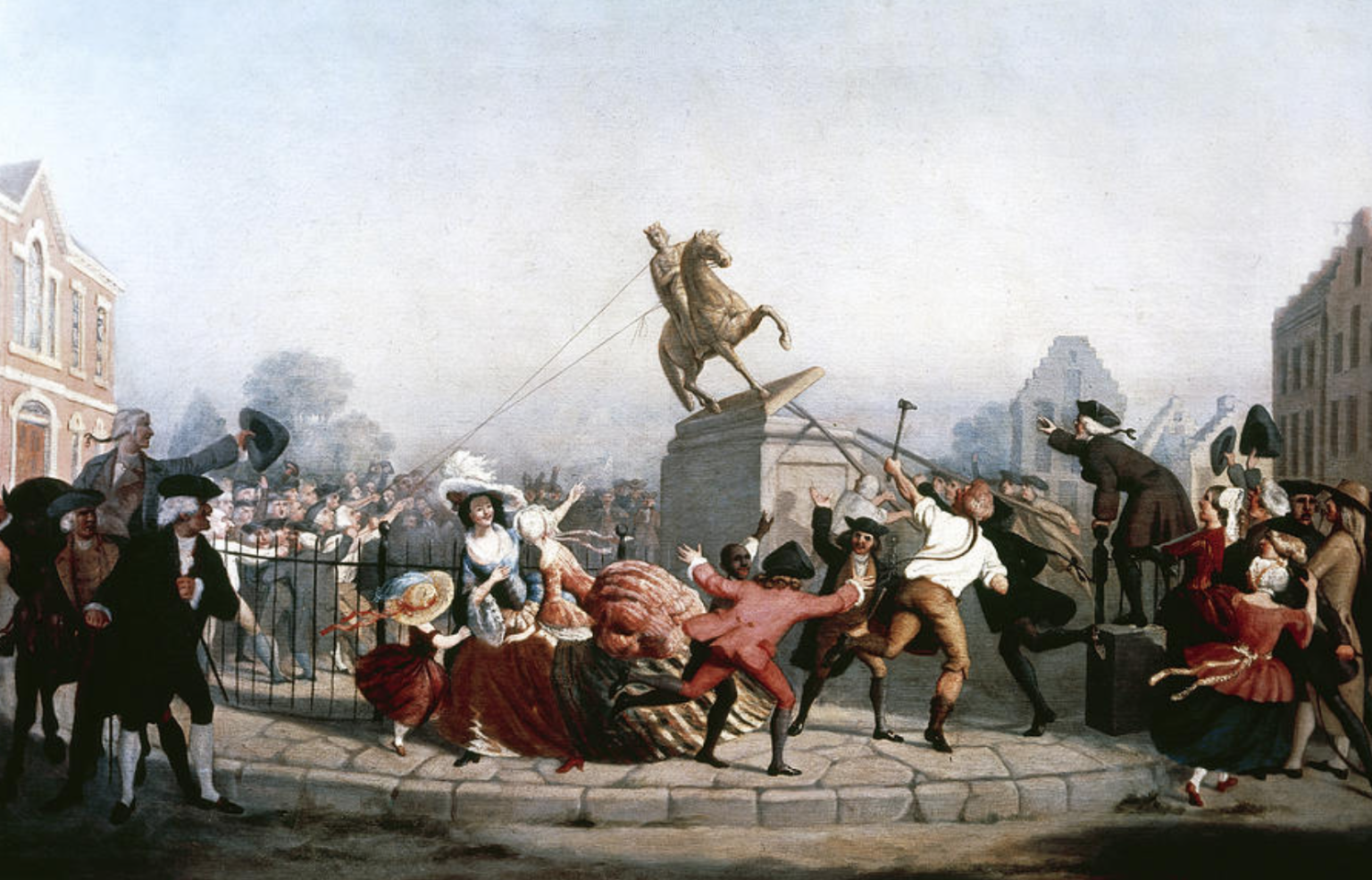
George III’s reaction to the Declaration came in a speech he delivered to Parliament on October 31st, 1776. His paternalistic tone shone through, as he referred to “my colonies,” “my kingdoms,” and “my subjects.” He railed against the “arbitrary tyranny of chiefs” – the founders! – who sought to deprive his now “unhappy people.” “No people ever enjoyed more happiness, or lived under a milder government, than those now revolted provinces,” he declared. Like the British press, he warned that the leaders of the revolution desired “dominion and power.”
Contrary to royal assurances, recent events from New York did not inspire confidence that the rebellion would end anytime soon. Though the American rebels suffered an embarrassing defeat at the Battle of Long Island in August, Commander William Howe remained convinced that Americans would soon return to the bosom of the empire. In a show of sympathy, Howe did not pursue Washington’s army in the hopes that such mercy would persuade the Patriots to end the rebellion. In hindsight, William Howe’s willful failure to capture Washington and his officer corps did not bode well for the British war effort: within six months the war took a turn with Washington’s victory at Trenton and within a year, the American victory at Saratoga became the true turning point of the Revolutionary War.
William’s brother, Richard, also held the opinion that pardons and compassion toward Patriot leaders might bring the rebellion to an end. After all, Richard Howe was friends with none other than Benjamin Franklin, the most famous American in the world. Howe wrote to Franklin on July 12th, 1776, and stated that he maintained “the most flattering Hopes of proving serviceable in the Objects of the King’s paternal Sollicitude, by promoting the reestablishment of lasting Peace and Union with the Colonies.”
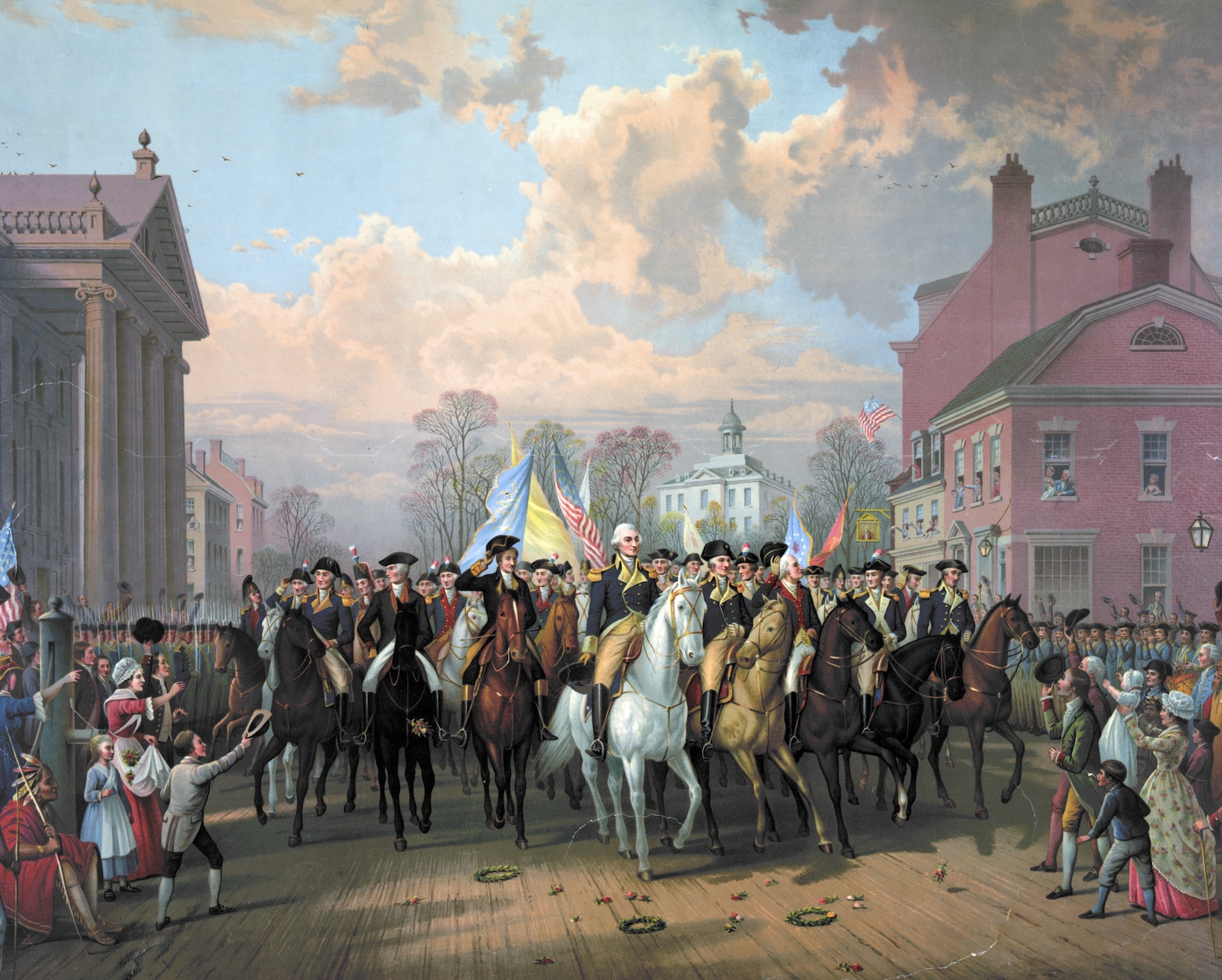
However, at this point Franklin and the Continental Congress had decided that no such reestablishment was possible: the Americans demanded independence. Franklin’s response to Howe excoriated the vice admiral for presuming to possess any power to reestablish America as a collection of British colonies, asserting that “I know your great Motive in coming hither was the Hope of being instrumental in a Reconciliation; and I believe when you find that impossible on any Terms given you to propose, you will relinquish so odious a Command, and return to a more honourable private Station.” Howe’s reacted “warmly,” i.e., angrily, upon reading Franklin’s blistering letter, though in mid-August he responded that his powers “Were never calculated to negotiate a reunion with America, under any other description than as subject to the crown of Great Britain.”
Subject to the crown of Great Britain – the Americans would no longer accept that position of inferiority. They were the children of the familial empire all grown up, clamoring for well-deserved rights that the tradition-bound and deeply stratified British writers, aristocrats, merchants, and even kings could never understand.
The American cause would require blood and a commitment to founding principles. As Benjamin Franklin once quipped, “Well done is better than well said!” American independence would mark the dawning of a new time, one that foreclosed the long train of abuses suffered in the past and opened the future with hope.
Elliott Drago serves as the JMC’s Editorial Officer. He is a historian of American history and the author of Street Diplomacy: The Politics of Slavery and Freedom in Philadelphia, 1820-1850 (Johns-Hopkins University Press, 2022).
